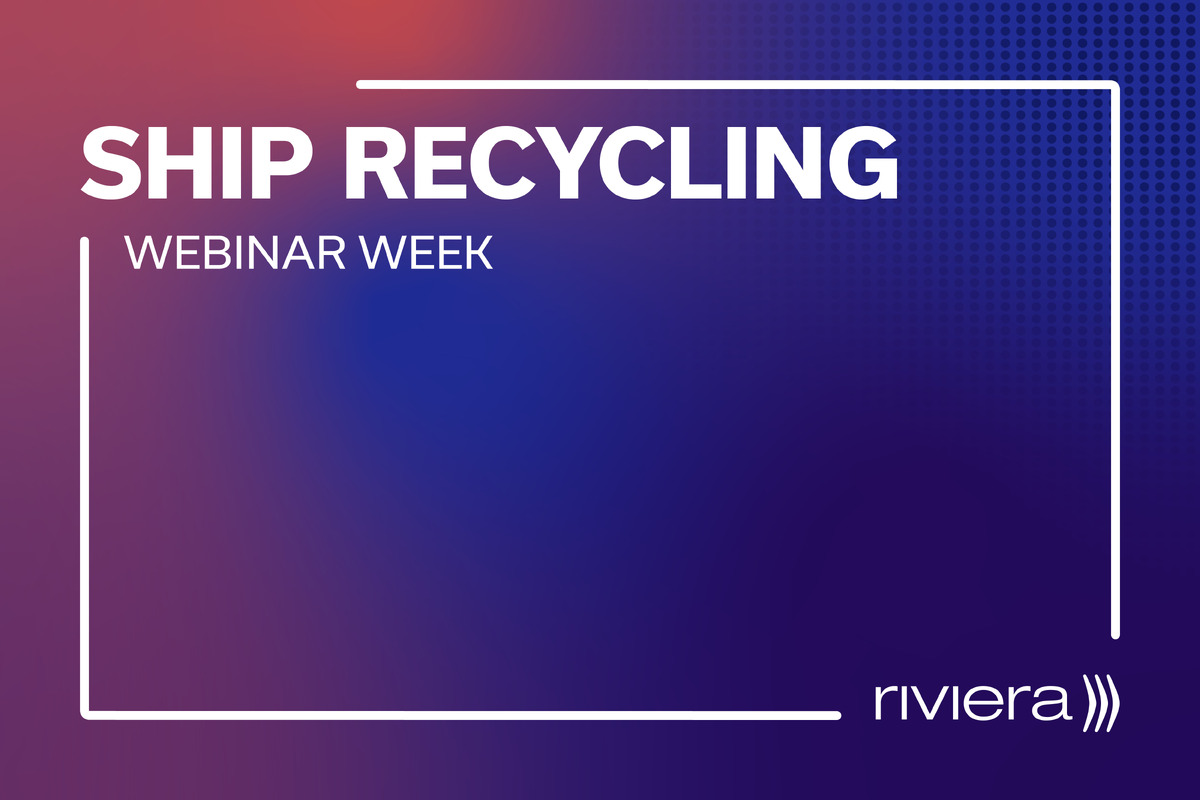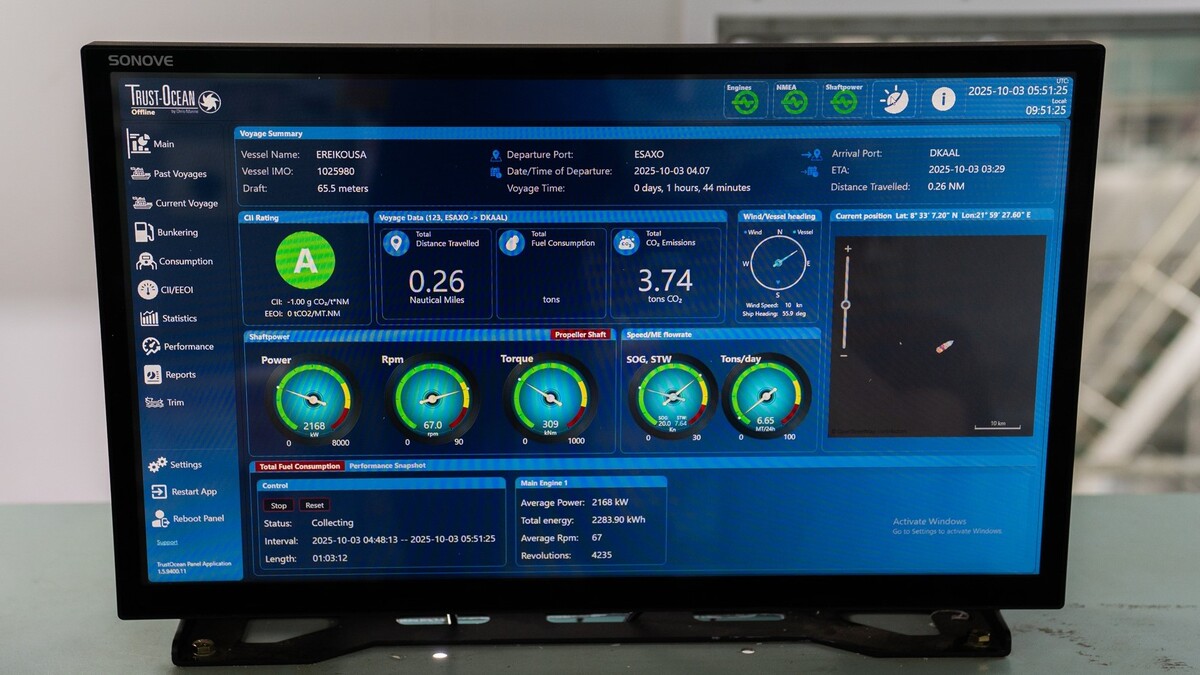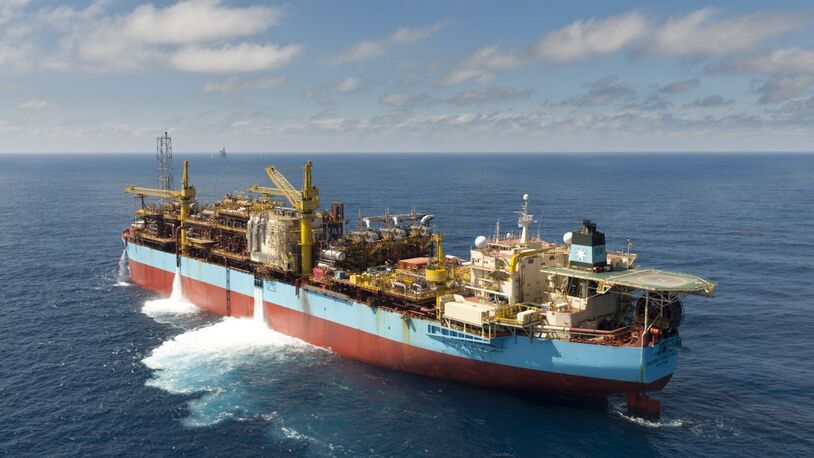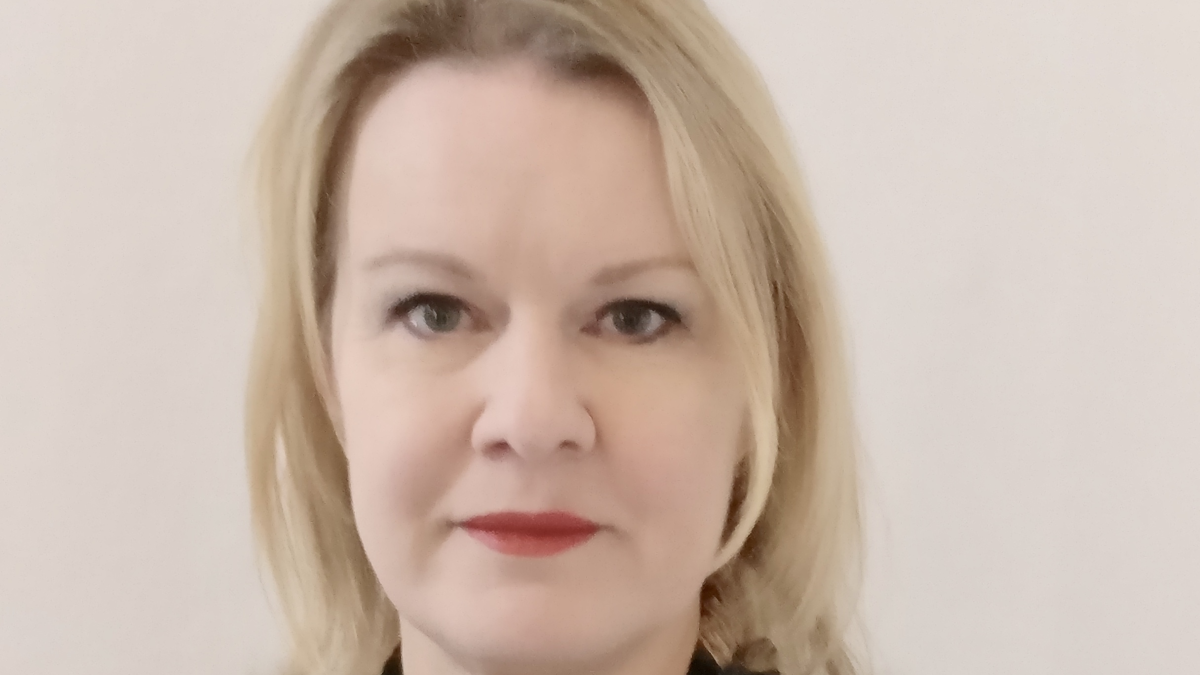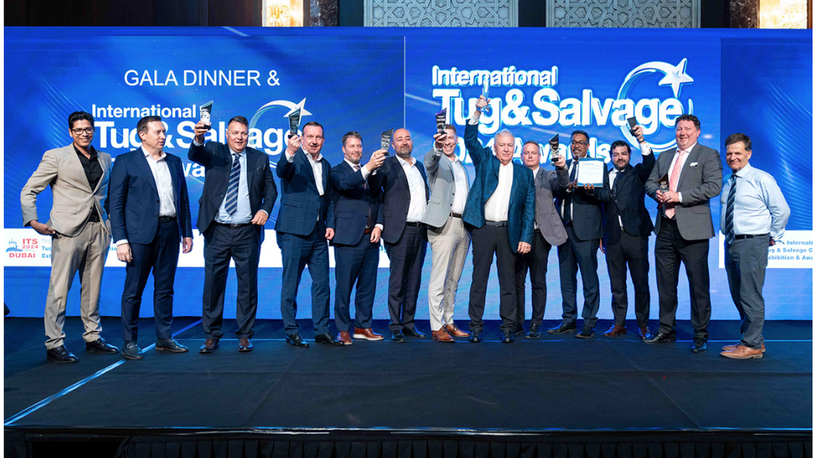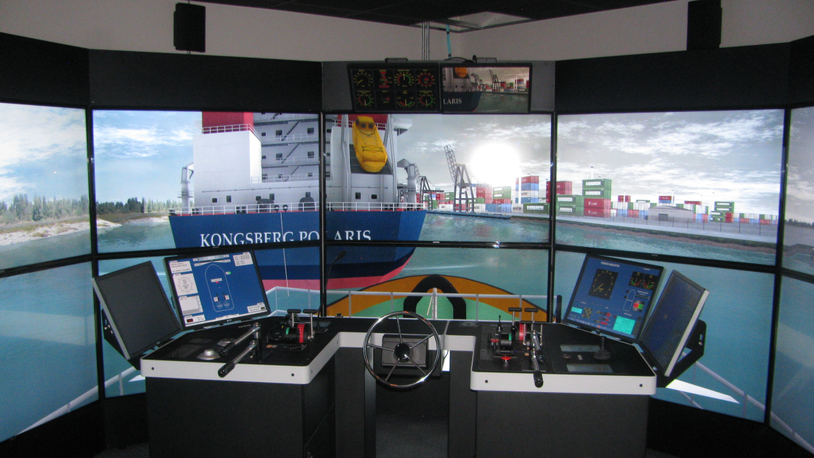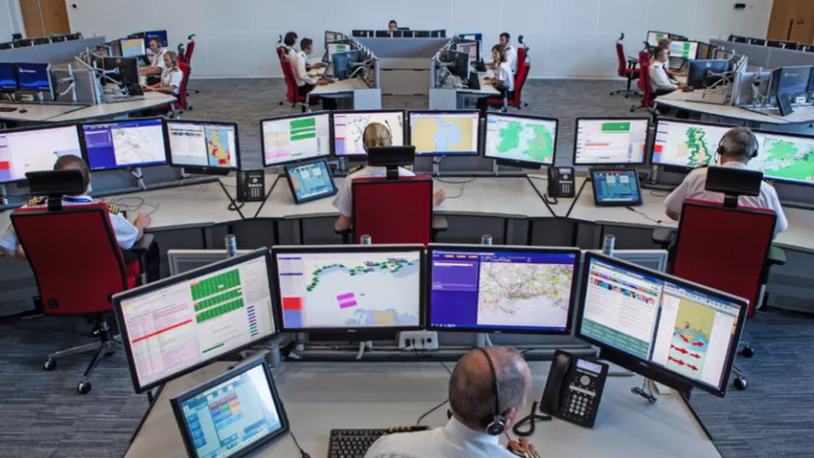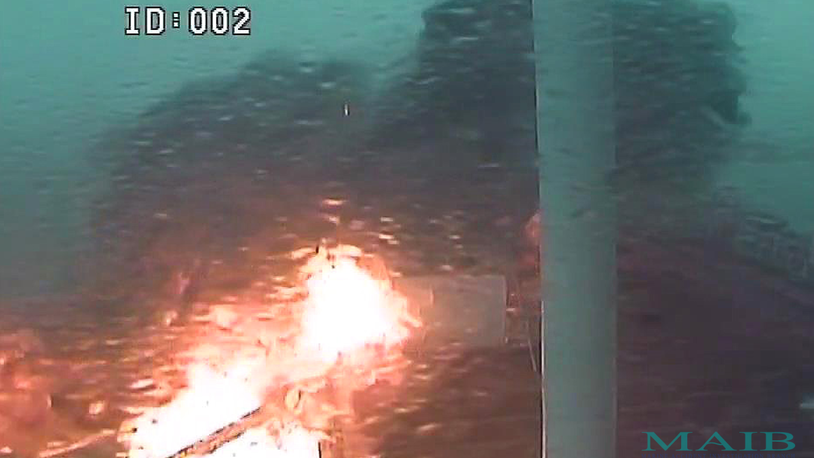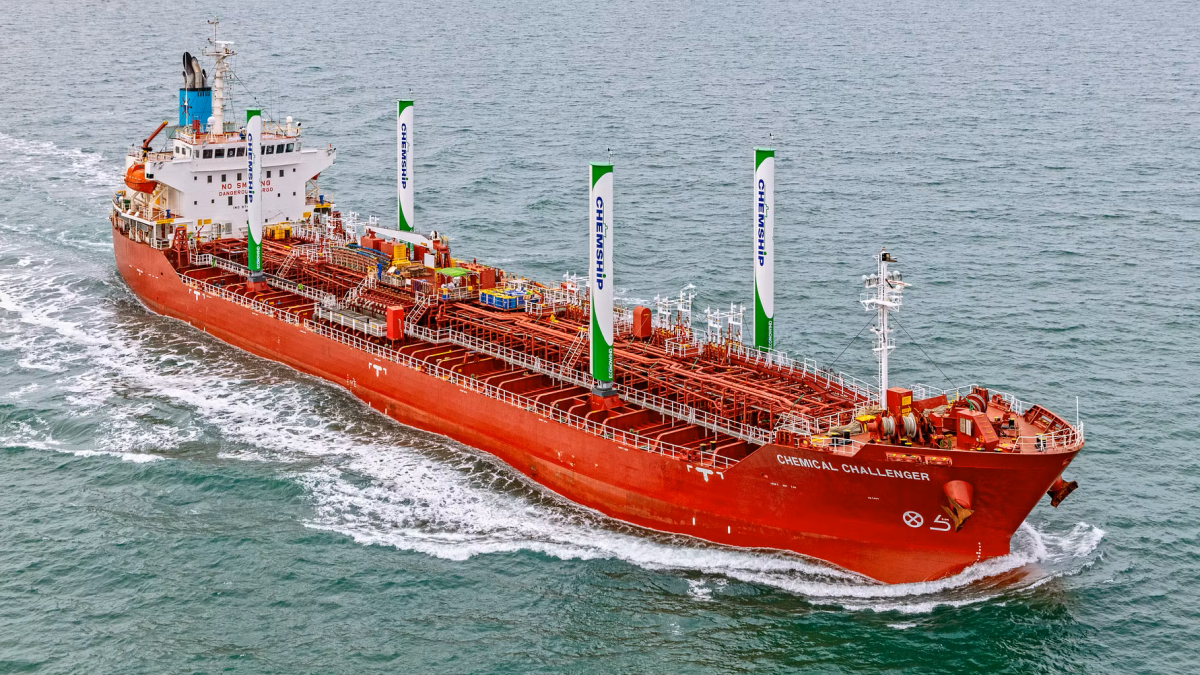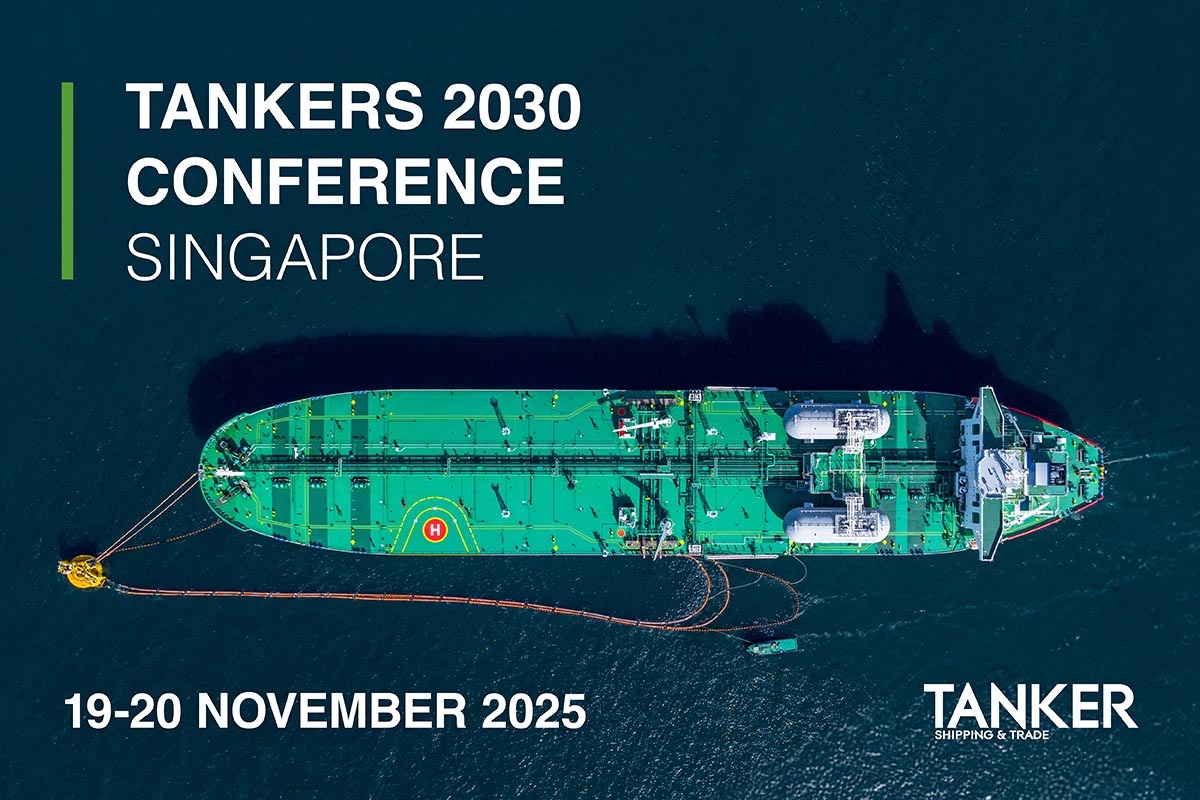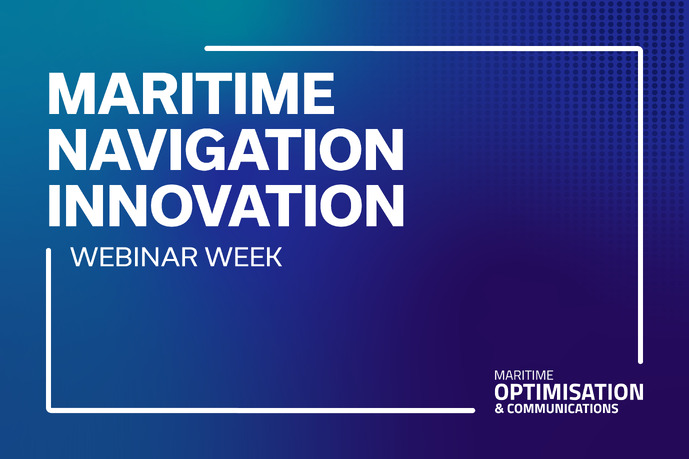Business Sectors
Events
Ship Recycling Webinar Week
Contents
Register to read more articles.
Share intelligence for maritime resilience
A prosperous future for maritime insurance, shipping and port operations involves joint intelligence, with insurers, shipowners and regulators pooling data and analysis
By sharing information and increasing transparency, the shipping industry can thrive in increasingly unstable times, where geopolitical shocks can reroute trade in days and increase accidents.
Intelligence sharing can also reduce the risk of operations being impacted by the growing levels of cyber threats.
“By sharing intelligence and data we can jointly seize the opportunity to become much more influential,” said Swedish Club managing director Thomas Nordberg.
“When we pool data, we do not lose our competitive edge, we sharpen the industry’s collective resilience,” he added. “As marine insurers, we sit at the intersection of global trade, geopolitics and risk. In today’s volatile environment – from sanctions to cyber threats and to conflict zones – no single actor has the intelligence to navigate safely alone.”
Stakeholders including port authorities, providers of marine services and salvage, ship operators, insurers, charterers and owners, should instead pool resources and produce joint risk analyses.
“The future lies in joint intelligence with insurers, shipowners and regulators pooling data, and co-ordinating assessments of that intelligence to see the full geopolitical picture,” said Mr Nordberg.
“Provided that there are structured governance, contracts and selective transparency, the competitive risks become manageable while the payoff could be immense: safer seas, smarter risk pricing, and an industry resilient enough to weather geopolitical storms.”
By sharing information on issues such as piracy corridors, sanction regimes, or checkpoints under stress, owners could plan routes to reduce the likelihood of catastrophic surprises, allowing the industry to respond to those unexpected shocks that do occur in a co-ordinated and considered way.
Mr Nordberg said there are four enablers of intelligence sharing: governance frameworks for operational data and structured geopolitical intelligence collection; contracts and legal clarity covering how intelligence is shared, validated, and acted upon; technical controls for secure, interoperable systems that allow shared assessments without exposing sensitive raw data; and aligned incentives to reward stakeholders participating in intelligence sharing.
“In some cases, this may mean jointly owned vehicles to manage intelligence platforms; in others, industrywide working groups,” said Mr Nordberg.
“What matters is that our approach is co-ordinated, consistent and credible, so the whole market benefits. This is also a strategic safeguard for society.”
Thomas Nordberg presented these views during London International Shipping Week
Related to this Story
Chemship advances fleet optimisation with new contract
Events
Ship Recycling Webinar Week
International Bulk Shipping Conference 2025
Tankers 2030 Conference
Maritime Navigation Innovation Webinar Week
© 2024 Riviera Maritime Media Ltd.
